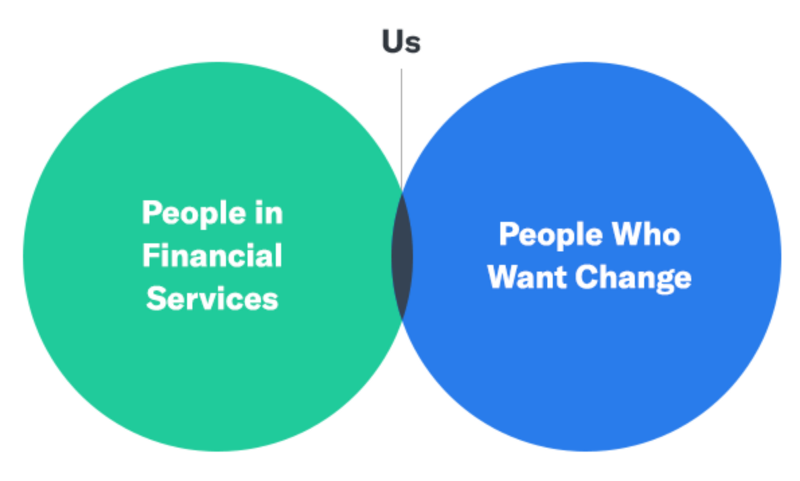
By Alex Topchishvili, Johnson Cornell Tech MBA ’18
One of the main reasons I chose to attend Cornell for my MBA is their recently launched Fintech Intensive, offered at the incredible Cornell Tech campus in NYC. The intensive, led by Drew Pascarella, blends teaching us hard skills, involving us in collaborative projects with both startups and institutional players in NY, and exposing us to a roster of incredible speakers.
One of my favorite speakers this month was Ben Alden, a fintech legal authority, Cornell University alumnus, and General Counsel of Betterment. I could not have been more impressed by the quality, openness, and insightfulness of Ben’s presentation at Cornell Tech. By the end of the class, we were all sold on Betterment’s human centric vision and culture.
Here are my 5 major takeaways from the presentation:
1. Wealth management is ripe for disruption
Traditional wealth management is under tremendous scrutiny from clients in recent years for the following reasons:
- (i) high required minimum account balances,
- (ii) high fees,
- (iii) inability to produce differentiated investment returns, and
- (iv) a lack of technology solutions that facilitate ease of use and information transparency.
Since the financial crisis, digitization has disrupted the wealth management practice with new startups gaining market share and incumbents revisiting their business models in the face of increasing competition and pricing pressure.
2. The SEC’s approach to fintech is promising
Contrary to popular belief, the SEC is actually encouraging fintech innovation and is taking steps to improve clarity on regulation. In recent years they have been actively soliciting input and involvement from leading industry stakeholders (including Betterment) to recommend ways the agency can improve regulation around the following technologies:
- (i) Robo-advisors — to democratize investment
- (ii) Blockchain — to make trading, clearing, and settlement processes more efficient and cheaper
- (iii) Online marketplace lenders & crowdfunding platforms — to create valuable sources of capital for small businesses and entrepreneurs
3. Robo-advisors record impressive growth
The growth in automated investing pioneered by Betterment and Wealthfronthas resulted in assets under management in the billions. If these companies continue their CAGR of 68% until 2027, robotic-advisors can reach an AUM of $90 trillion. The growth is so impressive that traditional players such as Schwab and Vanguard have entered the fray. The growth is driven by three major factors:
- (i) lower management fees, between 0.15% and 0.5%
- (ii) similar (if not better) performance, since beating the market is nearly impossible these days
- (iii) no minimum balance requirement
4. Frictionless Design, Narrative & Simplicity
Everything about Betterment, from their product to their business model, screams simplicity and friction-less design. Their narrative is clear:
To empower you to make the most of your money, so you can live better.
Every feature and every piece of content they release comes back to this simple narrative, making it stronger and more compelling. This has the effect of (i) keeping their marketing and sales efforts laser focused on solving this problem and (ii) makes customers connect with what they are building more quickly and organically.

5. The importance of setting up the right legal structure
Ben credits a great amount of Betterment’s success to Eli Broverman, a young securities lawyer from NYU Law who co-founded Betterment alongside Jon Stein. He stressed Eli’s foresight in selecting the right legal structure for Betterment in the earliest days of the business. Not only did it impact things like taxes, paperwork, and liability, but it optimized the company for massive growth in the future. Betterment operates as both an SEC-registered investment advisor as well as a registered broker-dealer. The parent company for Betterment LLC and Betterment Securities, Betterment Holdings, Inc., was established in January, 2008.





